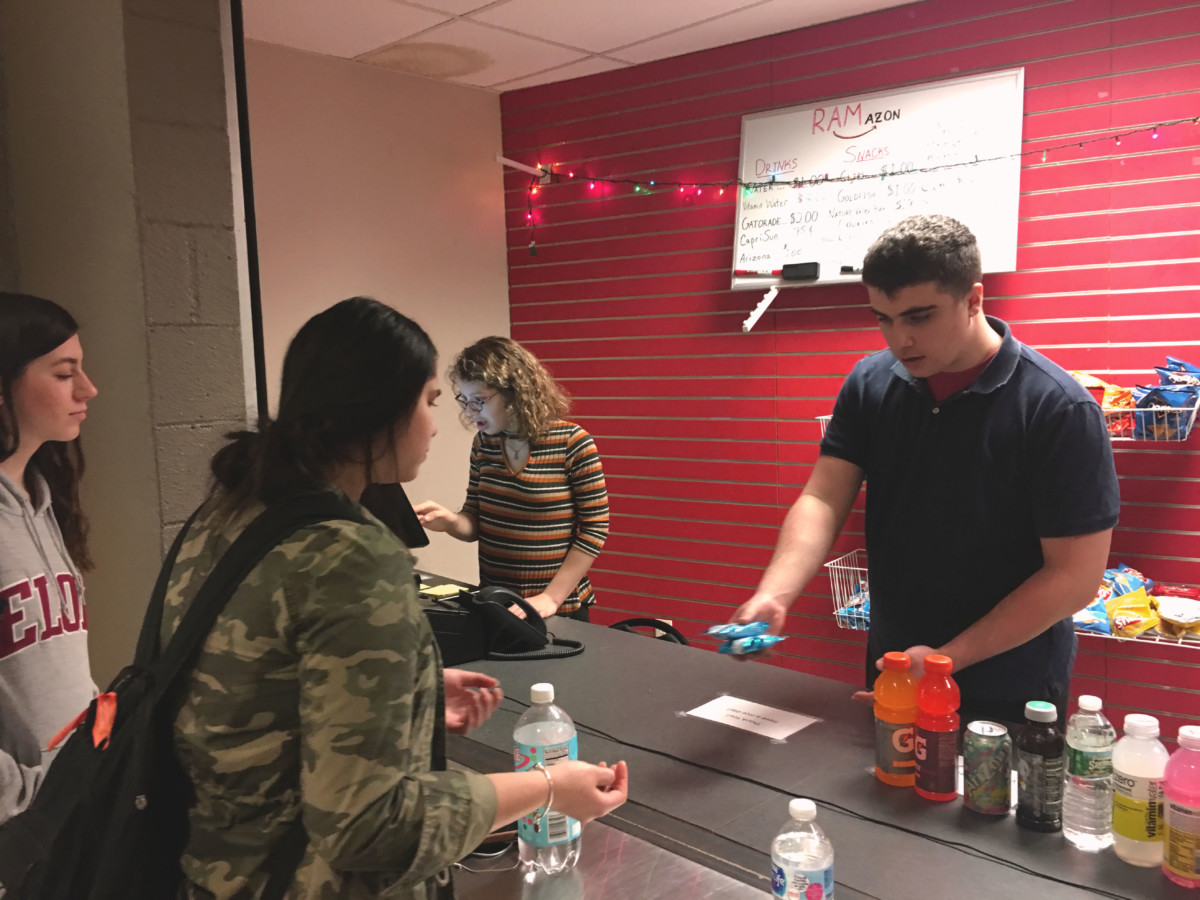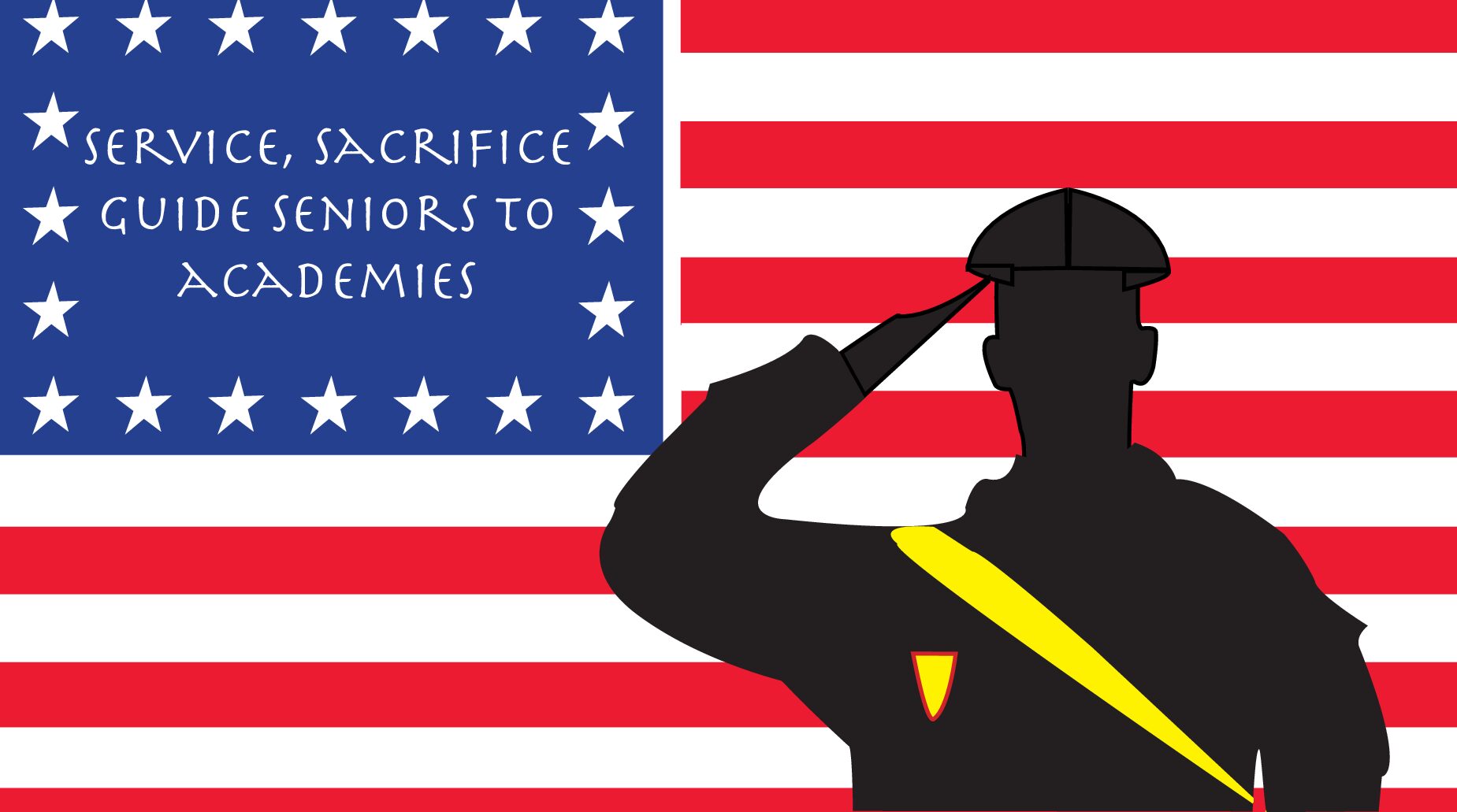Abby Weiss, Story Editor
@aweisscourant
“I’d like a Goldfish, please.” I wait as the student working in the school store reaches for the Rice Krispies, stops himself, then grabs a Goldfish. He hands it to me, declares that would be one dollar, smiles and tells me to have a good day.

In order to serve me as a customer, he had to figure out a couple things: what Goldfish looks like, that goldfish is a snack, that snacks are one dollar, and therefore that I owe him a dollar. For many high school students, this process is transparent. But when you patronize Ramazon, you can see a large amount of thinking involved.
The school store has not only become a place for kids to buy many snacks but a classroom where students can learn skills through a first-hand business experience. In previous years, this classroom has been managed by the business department. But after this year, the Special Education department has taken responsibility and the kids are loving it.
One of the Special Education teachers, Katelyn Paige, was interested in the school store before they revived it. “A couple of years ago, I had a student work in the school store once a week,” she said. “He would go in, stack the drinks and help the customers.”
When the business class teacher Rachel Martinich announced that the store wouldn’t be open this year, Ms. Paige immediately stepped up. “We realized that even though she didn’t have the class, there were many students that would be excited to help run it,” she said.

Melissa Mahon, the other SPED teacher, and supervisor of the store emphasized how helpful Ms. Martinich was during the process of opening it by showing students how to work the computer, order, purchase, and stock. “That collaboration and openness speaks to her character,” she said. “Without her, it would not have happened so we have a lot of gratitude.”
A major benefit that comes from working in the school store is the introduction to a real-life work setting. “For the students we work with, it provides a lot of opportunities for them to generalize skills,” Ms. Mahon said. “There are social skills with interacting with peers that they might not see on a regular basis and a lot of different vocational skills such as money-management.”
Ms. Mahon described the countless lessons kids can take away from managing the store. “There’s interaction with co-workers vs customers, making sure you’re following a schedule and arriving on time, looking presentable, not eating while you’re working, etc..,” she said.
Both teachers emphasized how happy and responsible the kids have become from the school store. Ms. Mahon explained that it has a major part in their curriculum as well. “The skills necessary to work it apply to a lot of the classes,” she said. “For example, the functional math courses are now in charge of inventory.”
Ms. Mahon is also open to anyone who wants to participate in the store. “The addition of any students that want to help, such as peer models, would be really beneficial to the kids,” she said.




